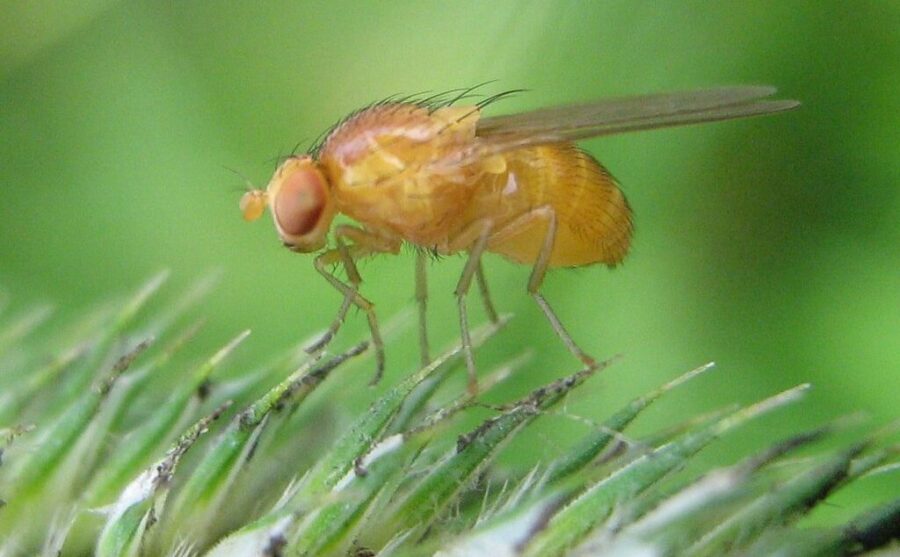About 40 million sterile flies were released, in three phases, in the Bolivian region of Santa Cruz, to prevent fruit flies from multiplying and continuing to destroy crops.
The project official for the National Service for Agricultural and Food Security (SENASAG), Orlando Machaca, explained on Thursday to Efe Agency that the sterile male flies were released, so that they can reproduce with fruit flies, so that the eggs that are deposited do not harm the crops.
These flies have already been released in at least a dozen municipalities in the eastern region of Santa Cruz, where this insect affects between 15 and 30% of crops, such as cherimoya, peaches and apples.
Photo: Cinnasage
“The release process has been carried out and has been satisfactory. We will conduct corresponding analyzes to reduce the population.”
In turn, Deputy Minister of Agricultural Development Alvaro Molindo confirmed that this fruit fly affects the economy of producers and that support will continue with programs and projects to improve production and ensure food security.
The Mayor of Santa Cruz de Vallegrande, Ignacio Morón, also said in a statement that this measure is important and of “great benefit” to producers, because it will help avoid crop losses and make them more competitive in terms of quantity and quality.
Machaca stressed that another 20 million flies will be released today in the municipalities of Chuquisaca Province, to prevent the growth of the fly population.
The person in charge of the project also added that in October the same technology was implemented in the central province of Cochabamba.

“Hardcore alcohol maven. Hipster-friendly analyst. Introvert. Devoted social media advocate.”

